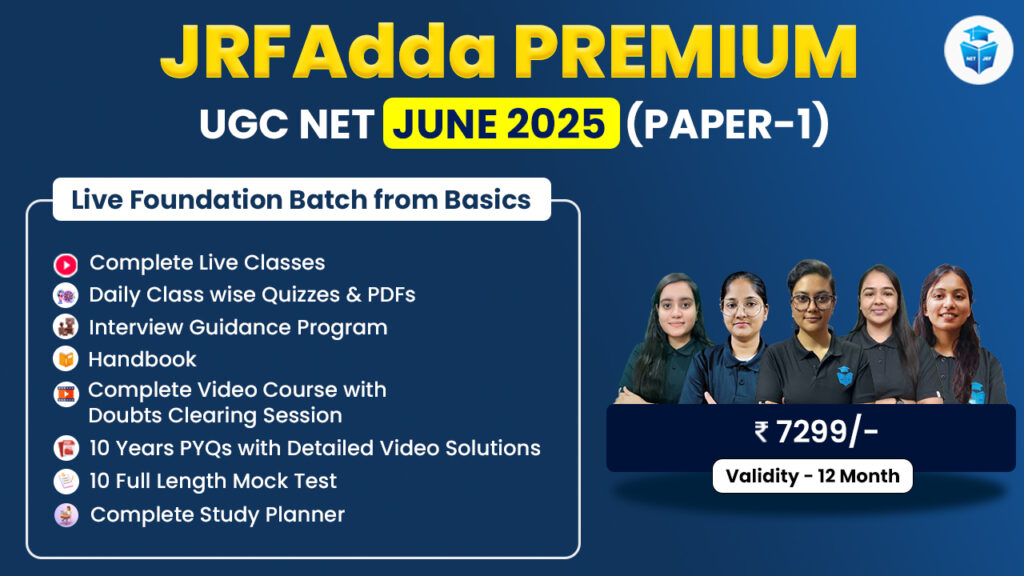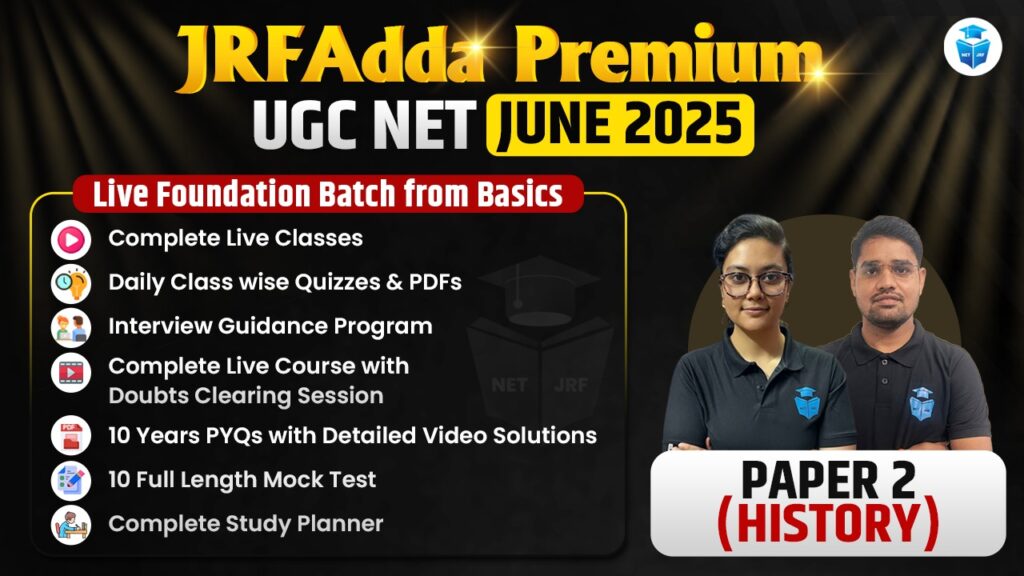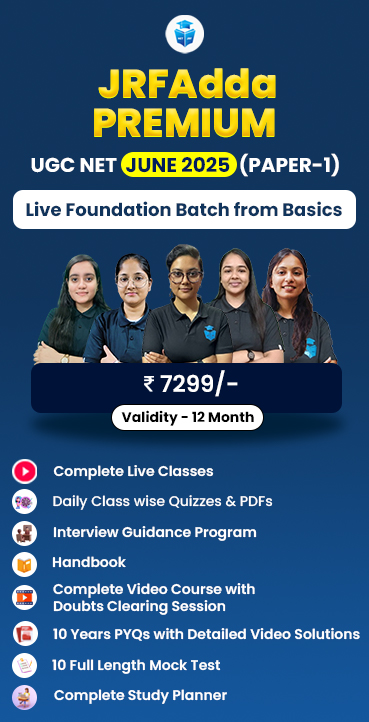UGC Draft Regulations 2025 provide reforms at the core in higher education for faculty recruitments, standards, and guidelines to be adopted regarding research. It has issued the draft of inviting suggestions till 28th February 2025. It hopes to add a quality educational feature to policy formulations and brings the Indian university in line with other universities globally. Stakeholders such as educators and students are requested to review the draft and give their suggestions in order to build the future of higher education in India.
What are UGC Draft Regulations 2025?
The UGC Draft Regulations 2025 propose to change the teaching quality, research output, and academic standards that best align the Indian universities with the global academic standards. The regulations affect universities, colleges, and students in entire India.
Key Highlights of UGC Draft Regulations 2025
Academic Flexibility
- Introduction of Choice-Based Credit System (CBCS) in all higher education institutions.
- Interdisciplinary learning opportunities, enabling the student to pick up courses offered by different departments.
Faculty Qualifications and Recruitment
- Stricter recruitment norms and mandatory qualifications NET/SET or PhD.
- Arrangements for the engagement of adjunct faculty from industry and research organizations.
Research and Innovation
- Compulsory allocation of R&D funds for universities.
- Inter-institutional and industry-inter-institutional collaborative research endorses.
Online and Distance Learning:
- Scaling up online education programmes with emphasis on quality assurance.
- Degrees offered through online and distance learning modes to be recognized.
Institutional Autonomy
- Let the best performing institutions have more autonomy to frame their curricula and conduct examinations.
- Simplify approval process for new courses and programs.
Student Welfare
- Put grievance redressal in place for students.
- Mental health support services to be implemented compulsorily in all institutions.
Internationalization
- Foreign universities to be encouraged to engage with Indian institutions.
- Provisions for foreign students to study in Indian institutions.
Qualification Criteria Revised
- The draft sets minimum qualifications for appointments of teachers and academic staff; it blends both academic credentials and research contributions and teaching experience.
UGC Draft Regulations 2025 PDF
UGC Draft Regulations 2025 Summary
The UGC Draft Regulations 2025 hope to develop a more flexible, inclusive, and globally competitive higher education system in India. Focus areas of academic flexibility, faculty development, promotion of research, student welfare, and so on, have been taken care of in the draft regulations. More importance is given to online education and institutional autonomy in the past, which marks the opportunity for a dynamic and responsive education system.
How to Access the UGC Draft Regulations 2025 PDF?
- The official UGC Draft Regulations 2025 PDF is available at the UGC’s official website: www.ugc.gov.in.
- The document explains in detail the proposed regulations.
- The rationale behind each provision is also provided to give stakeholders an idea of the context and objectives.
- Stakeholders (educators, students, policymakers, etc.) are requested to:
- Download the PDF from the UGC website.
- Carefully read the draft.
- Submit feedback within the stipulated time frame.
- The feedback ensures that the eventual regulations are rich and address any concerns of different stakeholders.
UGC New Draft Regulations
The following table summarizes the major changes proposed in the UGC Draft Regulations 2025:
Aspect | Current Regulations | Proposed Changes in 2025 |
Academic Flexibility | Limited choice in subjects | Introduction of CBCS and multidisciplinary options |
Faculty Recruitment | NET/SET or PhD required for some positions | Mandatory NET/SET or PhD for all faculty roles |
Research Funding | Optional R&D allocation | Mandatory R&D funding for universities |
Online Education | Limited recognition of online degrees | Full recognition of online and distance learning degrees |
Institutional Autonomy | Restricted autonomy for most institutions | Greater autonomy for top-performing institutions |
Student Welfare | Limited grievance redressal mechanisms | Mandatory grievance redressal and mental health support |
International Collaboration | Limited foreign collaborations | Encouragement for global partnerships |
Significance of UGC Draft Regulations 2025
The UGC Draft Regulations 2025 is an important step towards the modernization of India’s higher education system. It addresses major issues like flexibility in academics, research promotion, and student welfare in an ecosystem of inclusive education to improve the competitiveness of education at the international level. The need for institutional autonomy and online education relates to the changing demands of the 21st century learner and technology’s increasing participation in education.
Conclusion
The UGC Draft Regulations 2025 tries to revolutionize the face of higher education in India by bringing about an element of flexibility in academics, faculty standards, research, and student welfare. The reforms lie on the principles of online education, institutional autonomy, and global co-operation on the lines of modern education requirements. The stakeholders would get ample opportunity to provide their comments till February 28, 2025, to make this policy more inclusive and effective. The regulations could bring Indian education closer to the dynamic, accessible, and competitive global level.
UGC Draft Regulations 2025 FAQs
Feedback can be sent to [email protected] through email.
All stakeholders such as teachers, students, policymakers, and citizens are invited to go through the draft and send in their suggestions.
The official PDF is available at www.ugc.gov.in.
The new guidelines proposed by the University Grants Commission for reformation of higher education in India focus on various sectors, such as academic flexibility, faculty qualification, promotion of research, online education, and welfare of students.
The deadline for the submission of feedback has been extended to February 28, 2025.












